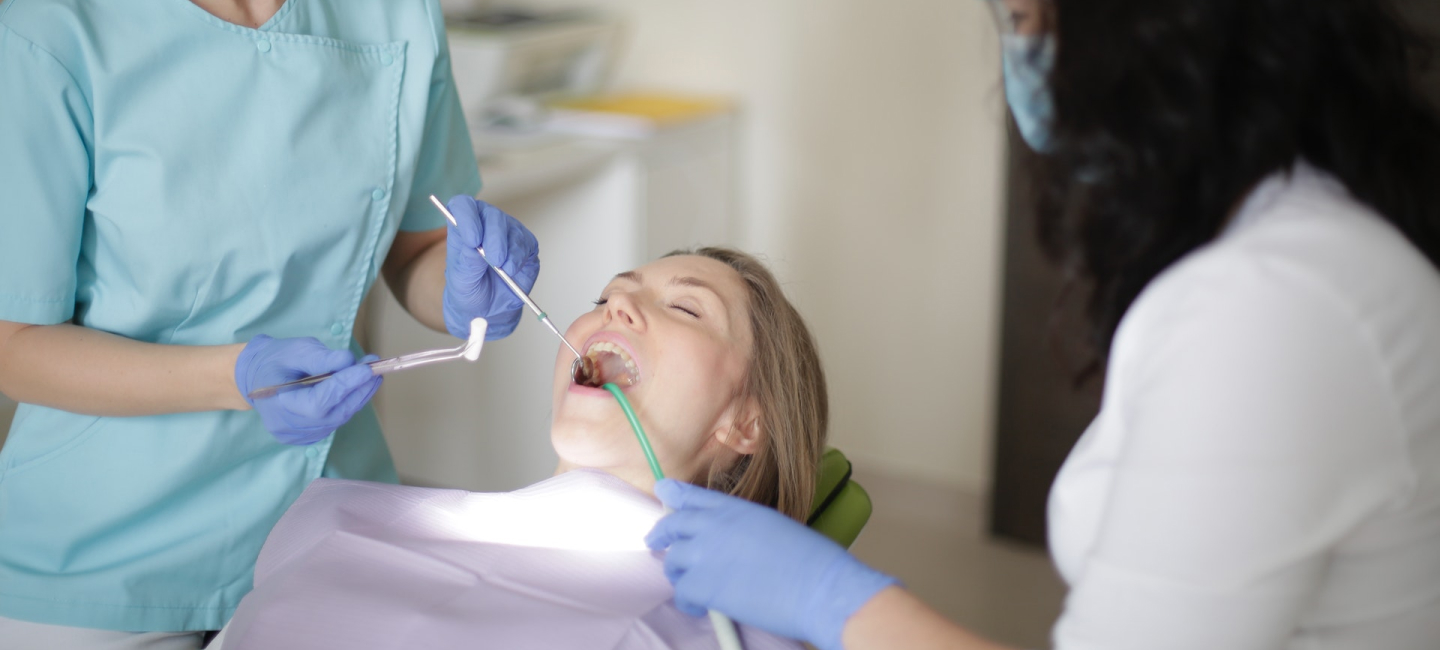New York City Root Canal Treatment
We instinctively take care of our heart. We worry about our weight, our liver, and our health. But we don’t think of the health of our MOUTH very often, do we? But your mouth deserves your attention – because you don’t want plaque and you don’t want tooth decay.
Dental plaque is, you could say, your mouth’s worst enemy. Or at least, the worst enemy to your teeth. Plaque is basically a sticky film that covers your tooth enamel and contains bacteria. It is also an ideal setting for bacteria to grow. Where there is plaque – and it’s left alone – there is decay. The bacteria in plaque contributes to gum disease as well as tooth decay.
So, what is plaque made of? Well, it’s actually comprised of tiny leftover food particles, mixed with your saliva. When you brush after every meal, you do not give plaque a chance to grow. Brushing removes the tiny food particles that inevitably are left behind after we eat. If someone goes several days without brushing their teeth, the plaque hardens and actually sticks very well to the tooth enamel. At this point, it becomes what dentists call tartar. Tartar makes your teeth turn various shades of yellow and can also cause bad breath. It is difficult to remove — it has to be scraped off with a dental instrument.
It is interesting to note that plaque forms because of a chemical reaction that takes place in the mouth. Plaque actually needs carbohydrates to form. And luckily for plaque, carbohydrates are found in just about every food. It stands to reason that foods containing a lot of sugar have more carbohydrates — this is why you always heard as a child that if you ate too much candy and cookies, you would get cavities.
There are many health benefits to a low-carb diet and less plaque is one of them. You can talk to your nutritionist, functional medicine doctor, or your general practitioner about reducing carbohydrates. And reducing sugar in the diet is always good. Sugar does damage in the body far beyond just affecting your teeth.
While brushing your teeth after every time you eat something seems excessive, it certainly can’t hurt to brush after every meal. But, dentists recommend brushing your teeth twice per day, ideally once after breakfast, and once before bed. Flossing also helps remove plaque and ensures that it won’t have time to become tartar because plaque can exist between your teeth where your brush doesn’t reach.
Most dentists will tell you that you have about 48 hours before plaque begins to harden and tartar formation begins. You might be surprised to learn that 80% or more of American adults have periodontal disease that is caused by the formation of plaque. Plaque actually begins to harden within just a few hours of forming. It is quite resilient. Note that drinking things like green tea and cranberry juice helps prevent plaque buildup.
Another interesting fact: pregnant women are more likely to have plaque buildup and can have increased tooth decay during pregnancy.
Let’s face it — cavities, yellow teeth, tooth pain, and bad breath are not things we want. Gum disease is not fun either. All of these can be prevented with proper dental care. As your New York City endodontist, we’ve seen the damage that a poor diet and/or poor dental care can cause to our teeth. Many people with their busy lives don’t take the time to brush and floss properly or they ignore a tooth problem until it really hurts. And that is when the decay could require a root canal.
The good news is, today’s root canal procedure is very standard and painless. Advancements in dental care treatment have made root canals, crowns and other dental procedures much faster and easier to perform — and they heal faster as well. If you have a question about getting the new york city root canal treatment or other dental question — feel free to call and speak to us here at Fifth Avenue Endodontics, your New York City root canal treatment specialist.


